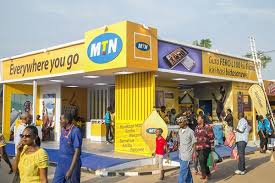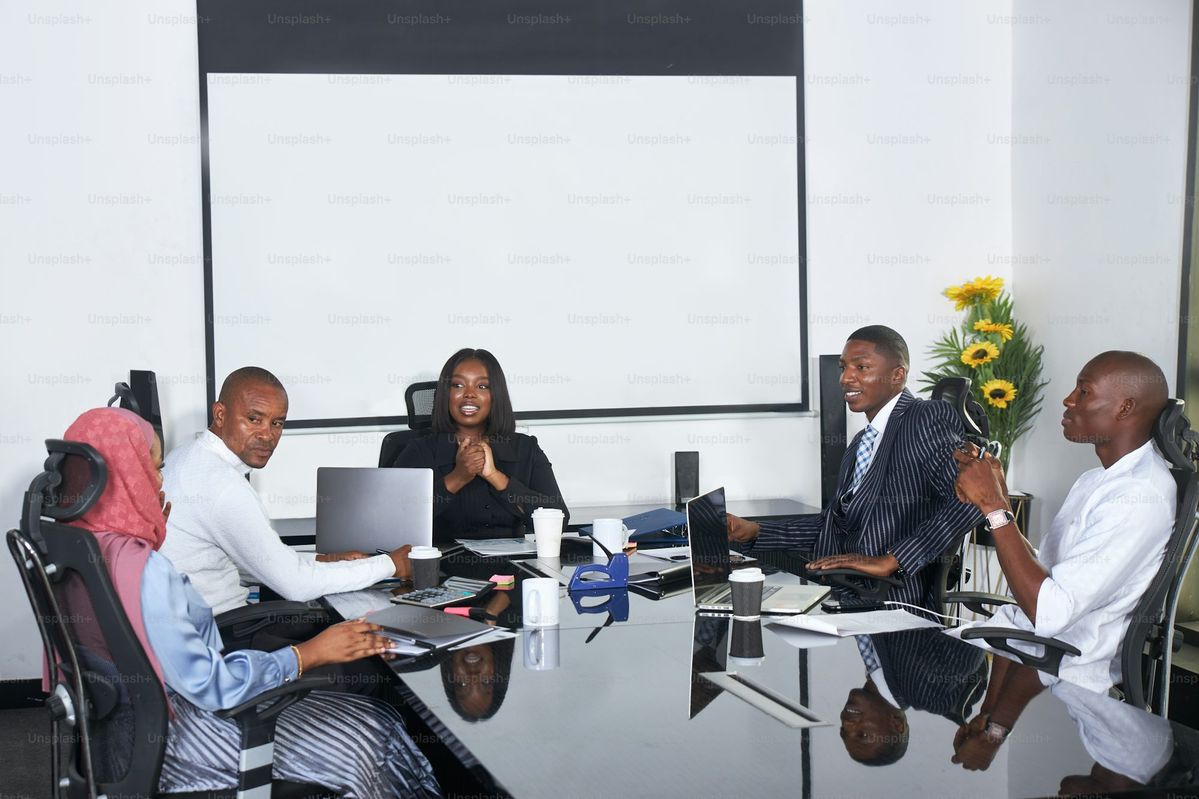Africa may be disorganized or least developing, but it offers several market opportunities with cannot easily be found in other markets like in Europe, Asia, or the Middle East. In Africa, you can sell an average-standard product at a high-profit margin, and no one will care.
Because in Africa, no one cares really!
Consumer protection is weak. Customer awareness of their rights is weak, too. Many people lack an understanding of what a genuinely excellent service is. Any basic service offering is seen as excellent service. Take the case of banking. Many people are easily satisfied when they visit their bank branches and receive ‘exclusive’ treatment – special seating arrangement, coffee/ tea on the house, and being called by the name.
In other markets, excellent customer service is in transaction processing turnaround – people want to spend very little time in the banking hall. And where possible, they would not want to visit the banking hall at all. That means money invested in setting up exclusive waiting spaces would instead be invested in leveraging technology to offer excellent service or, at worst, having the banking consultants visit the client based on an online appointment schedule kept by the bank.
Operating in developed markets brings a unique pressure on capital investment. You must meet minimum regulatory requirements to attain minimum service quality standards.
To this end, companies that had an ambitious global growth strategy, are retracting and slowly looking at focusing on Africa.
MTN Group is one such company. In the first week of August 2020, MTN Group announced plans to exit from the Middle East markets to focus on Africa. It makes sense.
Many countries see telecommunication as a priority sector when it comes to national security. For that reason, countries prefer to work with telecoms in which the host countries have a stake and can easily be controlled in terms of facilitating national security strategy and priorities. There is a perceived security threat when a foreign company is a primary and significant telecommunications network, as many nationals are connected to the network.
Being an African company, MTN Group’s strategic choice to focus on the African market is the best medium and long-term game, considering the opportunities available in this ever-growing market. Specifically, the mobile money ecosystem in Africa has room to thrive and become a game-changer for financial inclusion, considering that all economies are cash-based. These are opportunities MTN Group must explore and leverage from to win, as they are scalable, low cost, and accessible. Besides, there are few surprises in Africa as long as the telecom companies cooperate with the host country’s political class.
Quoting MTN Group President, Rob Shuter, developing telecoms dot com, wrote that “As part of our ongoing portfolio review, we believe the group is best served to focus in the future on our pan-African strategy. We will, therefore, be exiting the Middle East in an orderly manner over the medium term. As a first step, we are in advanced discussions to sell our 75% stake in MTN Syria”.
The online source added that:
“MTN reported service revenue growth of 9.4% to R80 billion, and EBITDA growth of 10.9% to R42 billion as efficiency initiatives saw its profit margins continue to improve. Headline earnings per share after non-operational impacts grew by 54%, operating free cash flow increased by 117.8%, and ROE improved further to 14.1%.
Despite lockdown restrictions impacting network rollout, MTN Group invested R10 billion in capital expenditure across our markets and brought a further 54 million people into 3G and 4G coverage. The focus on the affordability of data saw the average rate per megabyte reduced by 34%.
The group made progress on its asset realization program, concluding the disposal of the tower company investments in Ghana and Uganda for R8,8 billion.”
Copyright Mustapha B Mugisa, 2020. All rights reserved.









